In World Cup's shadow, Rohingya find freedom on pitch
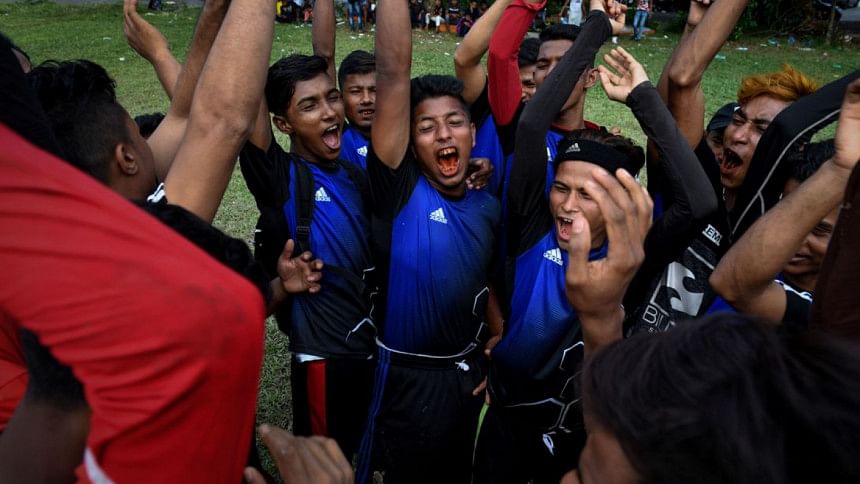
They may lack the glitz and glamour of the World Cup, but football clubs for stateless Rohingya refugees in Malaysia offer something more -- a 90-minute reprieve from a grinding existence on the fringes of society.
Malaysia is home to more than 70,000 people from the Muslim minority who have fled discrimination and persecution in predominantly Buddhist Myanmar, often enduring horrific journeys at sea to escape.
And while many struggle to eke out a living and are deeply scarred by the traumas of their past, football offers a welcome respite from cold, hard reality.
On a scruffy patch of ground on the outskirts of Kuala Lumpur surrounded by dilapidated buildings, those painful memories seem a world away as players pass the ball and take shots before a small crowd of spectators.
"Football takes away all of my stress for 90 minutes," Mohamad Ishak, a 17-year-old team member, told AFP. "It helps you to forget some of your problems."
Nine teams took part in a recent tournament to mark the major Islamic festival of Eid-al-Fitr.
There was a particular buzz as the tournament coincided with the World Cup. Play was punctuated by excited chatter about the latest matches in Russia and many wore shirts of their favourite teams, from Argentina to Germany.
Some expressed the hope a Rohingya team might one day compete in the world's most prestigious football tournament -- an unlikely dream for an ethnic group that doesn't even have a country to call home.
Relatively affluent Muslim-majority Malaysia has long turned a blind eye to the influx of Rohingya.
Despite not officially being allowed to work, they have become a cheap source of labour in menial jobs, from cleaning to labouring on building sites.
And while life is better than in Myanmar, getting by in Malaysia can still be tough for the Rohingya, who have no access to basic services such as education and healthcare.


 For all latest news, follow The Daily Star's Google News channel.
For all latest news, follow The Daily Star's Google News channel. 

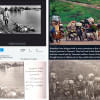
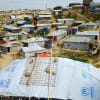

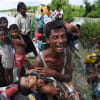









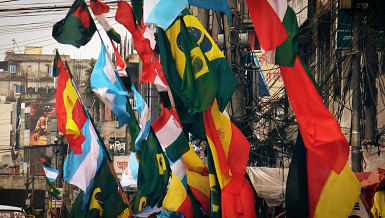

Comments